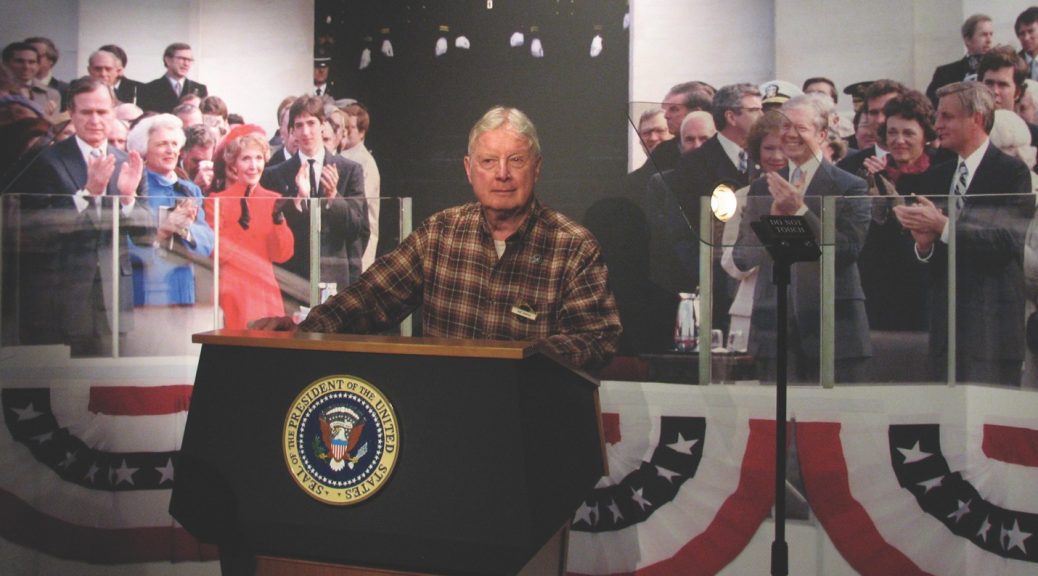


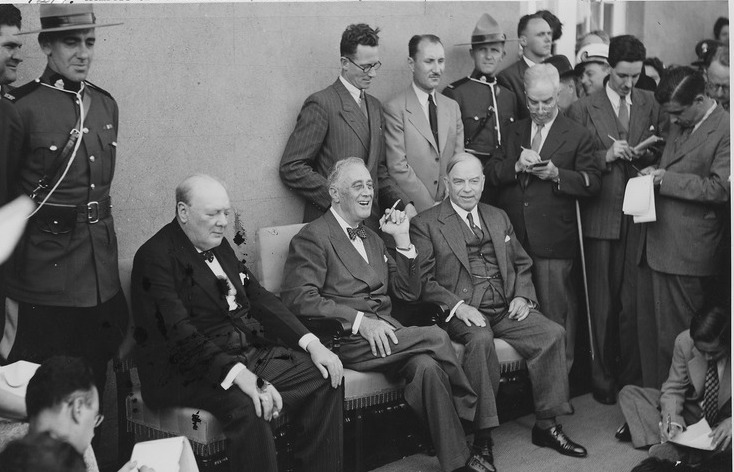
I am completing an English assignment which looks at the speeches of Winston Churchill and would like to read press conferences or interviews Churchill gave during the Second World War. So far, I have been able to find only speeches. Please could you advise me whether any such interviews are in existence? —E.L.
Washington, 1941Churchill rarely gave interviews—only two that I know of as a young man, and those reluctantly. Speeches (live) were his preference. However, on his 1941 visit to Washington, Franklin Roosevelt ushered him into his first press conference.…
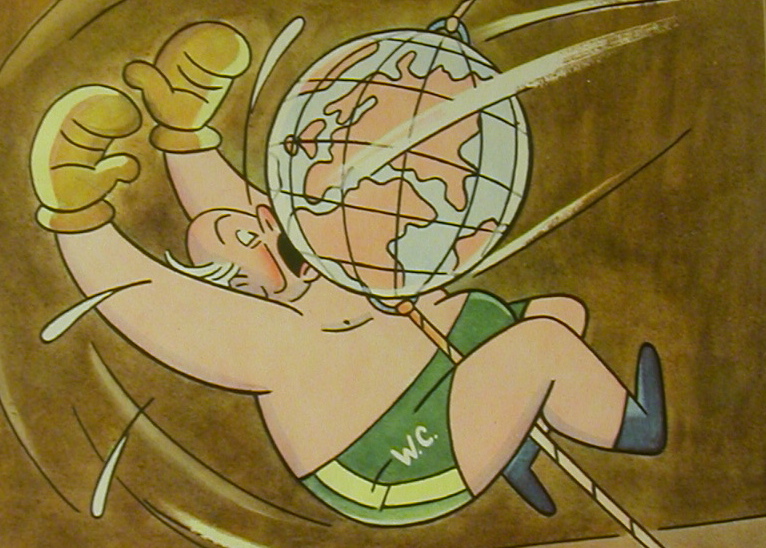
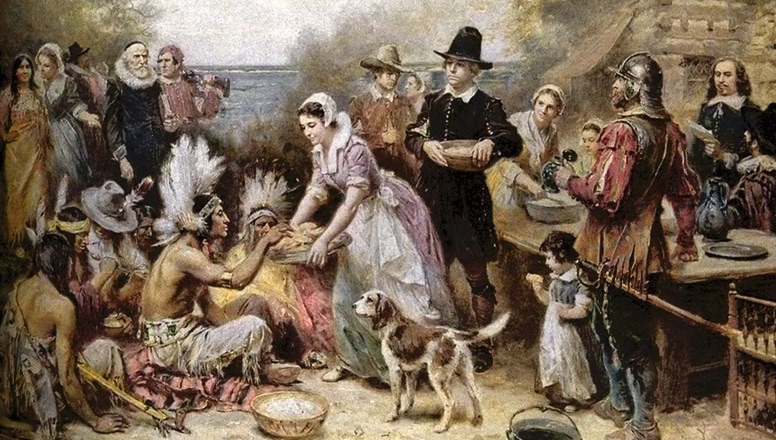
“Our harvest being gotten in, our governor sent four men on fowling, that so we might after have a special manner rejoice together after we had gathered the fruit of our labors…many of the Indians coming amongst us, and among the rest their greatest King Massasoit, with some ninety men, whom for three days we entertained and feasted, and they went out and killed five deer, which they brought to the plantation and bestowed on our governor, and upon the captain, and others.” —Edward Winslow, Mourt’s Relation: A Relation or Journal of the Beginning and Proceedings of the English Plantation Settled at Plimoth in New England, 1621.…
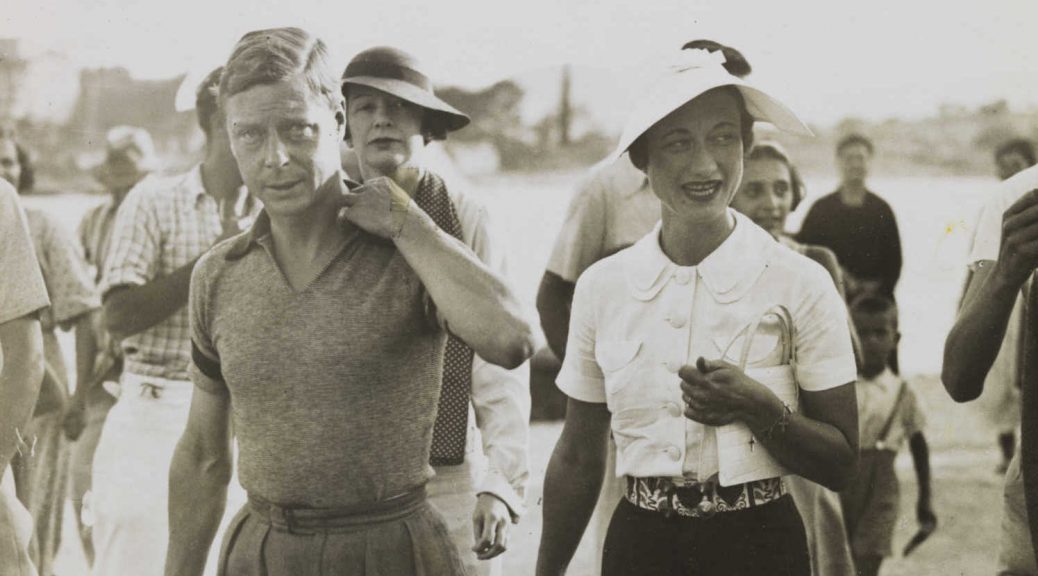
“A fully equipped Duke costs as much to keep as two Dreadnoughts; and Dukes are just as great a terror and they last longer.”
The wisecrack, wrongly attributed to Churchill, was actually uttered by his Liberal ally, David Lloyd George. (Allegedly LG said it in 1909, during their battle to reform the House of Lords,) It didn’t make Churchill more welcome at Blenheim Palace, where his cousin the Duke of Marlborough forbade the name of LG in conversation.
The Duke of Windsor (formerly King Edward VIII) and the 2nd Duke of Westminster are occasionally attacked for their “near-treasonous activity in support of the Third Reich.”…
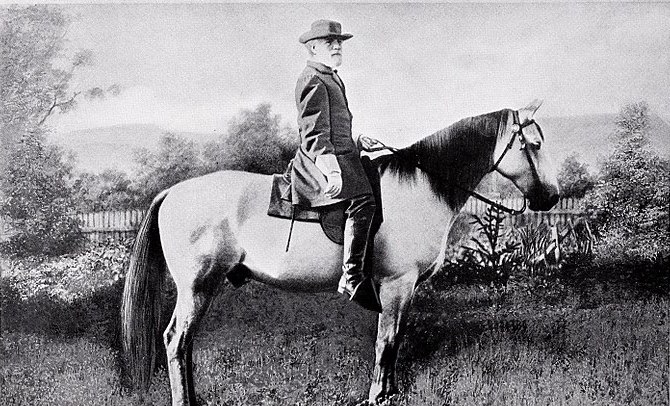
Allen C. Guelzo, Robert E. Lee: A Life (New York: Knopf, 2021), 608 pages, illus., $35, Kindle $15.99. First published in The American Spectator, 9 November 2021.
“Who’s that man on the horse?”……I asked my father at a young age. “That’s Lee—he led a Southern army in the Civil War.” He gave me a book I still have, Illustrated Minute Biographies, by William DeWitt. Published 1953, it is utterly non-judgmental. Opposite the page on Lee (“Leader of a Lost Cause”) is a page on Lenin (“Father of the Russian Revolution.”)
Among DeWitt’s 150 personalities, Lee fascinated. I’ve always had a soft spot for underdogs.…

An Italian journalist writes for Churchill references to the attacks on Monte Cassino during the Italy campaign in spring 1944, asking about “his silence, later contradictory” on the bombing of the town’s ancient monastery. If the implication is that Churchill was uncaring over the destruction of ancient shrines and grand buildings, that would contradict his revulsion over the bombing of Dresden. If it is that this particular destruction didn’t appear in his statements at the time, that is true. War is hell, and to expect him to eulogize every devastating loss is to expect a lot.…
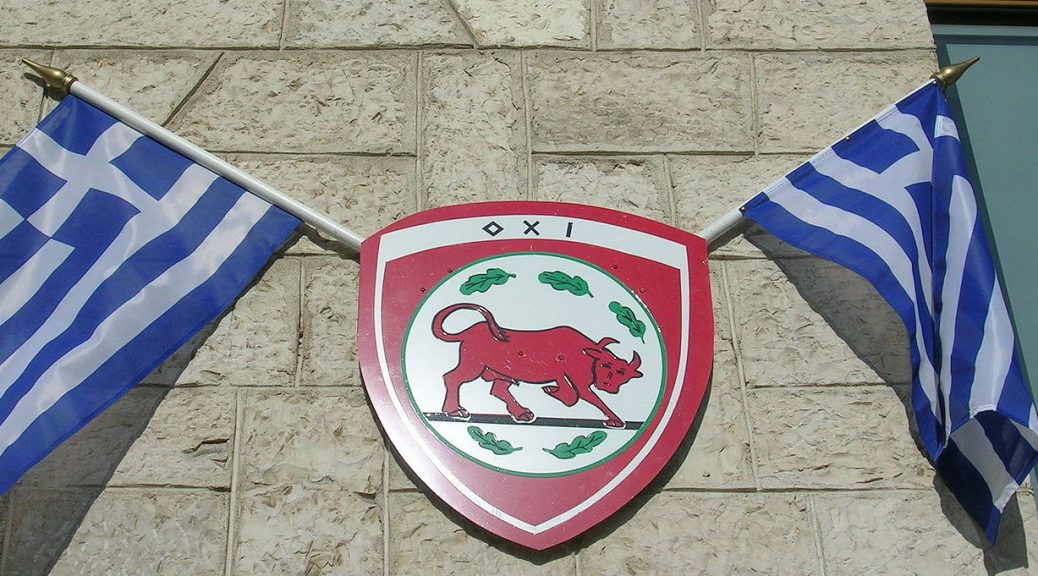
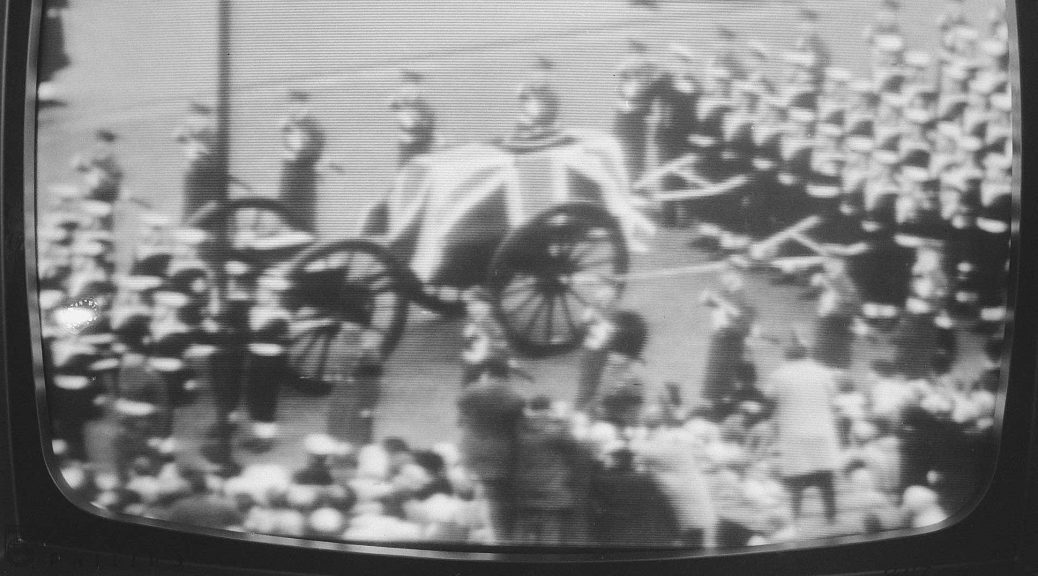
“This truth is incontrovertible. Panic may resent it, ignorance may deride it, malice may distort it, but there it is.” —Winston S. Churchill, House of Commons, 17 May 1916
Q: His legacy today?Peter Baker of The New York Times recently reviewed a new book which delivers some sharp arrows toward Winston Churchill and his legacy. Baker writes that the text labels Churchill “not just a racist but a hypocrite, a dissembler, a narcissist, an opportunist, an imperialist, a drunk, a strategic bungler, a tax dodger, a neglectful father, a credit-hogging author, a terrible judge of character and, most of all, a masterful myth-maker.”…
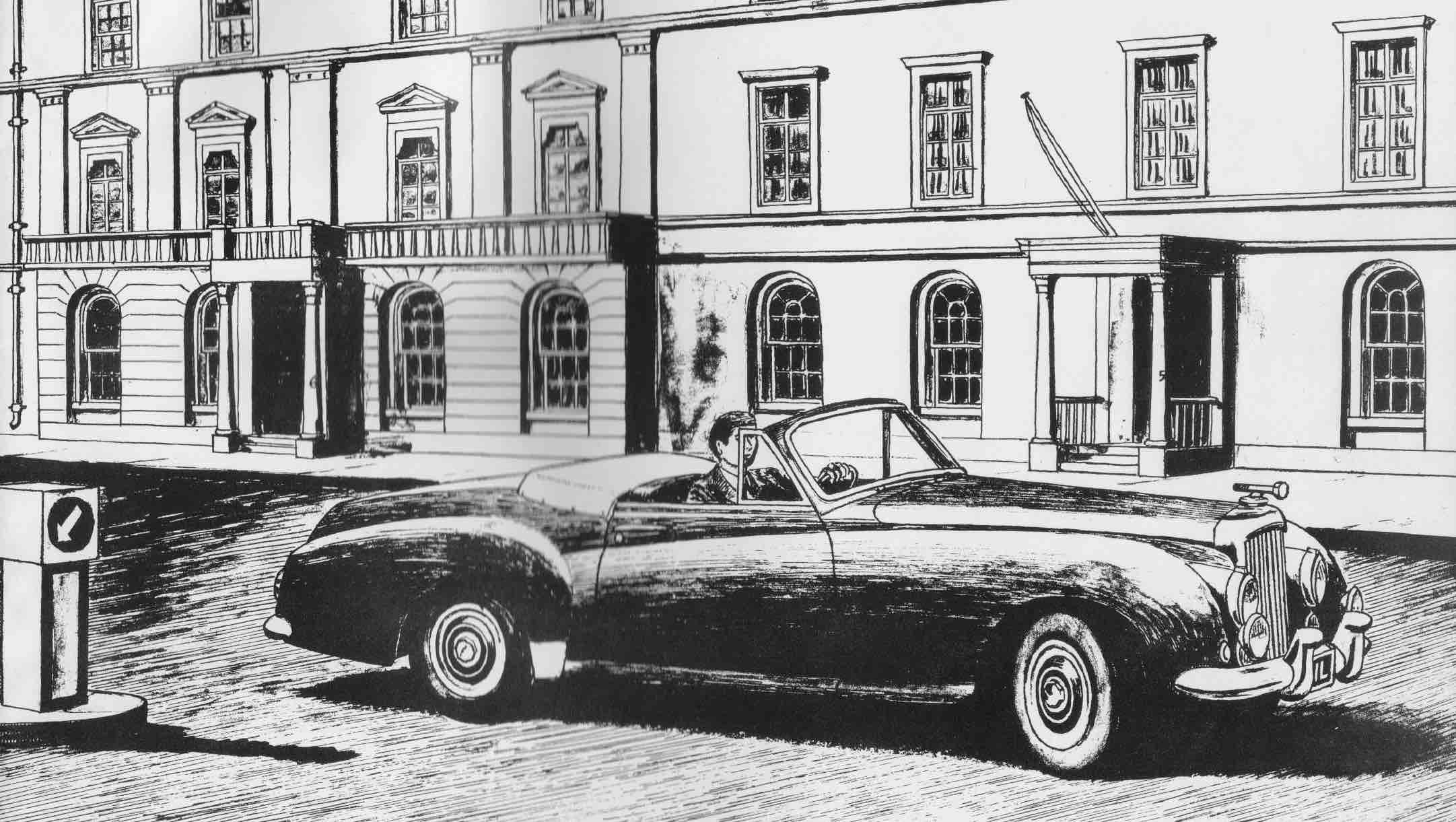
The Red Phone in the Bond flat gives its loud, distinctive jangle. It’s the Chief of Staff. “At once, please, James. Special from ‘M.’ Something for everyone. Crash dive and ultra hush. If you’ve got any dates for the next few weeks, better cancel them. You’ll be off tonight.”
The archetypal, irreplaceable 007 In 2020 Sean Connery, the original James Bond, died at 90 at his home in Nassau. “He’s one of the few actors on the planet I truly mourn,” a friend writes. “He was great man and dignified, and stayed that way his whole life.”…